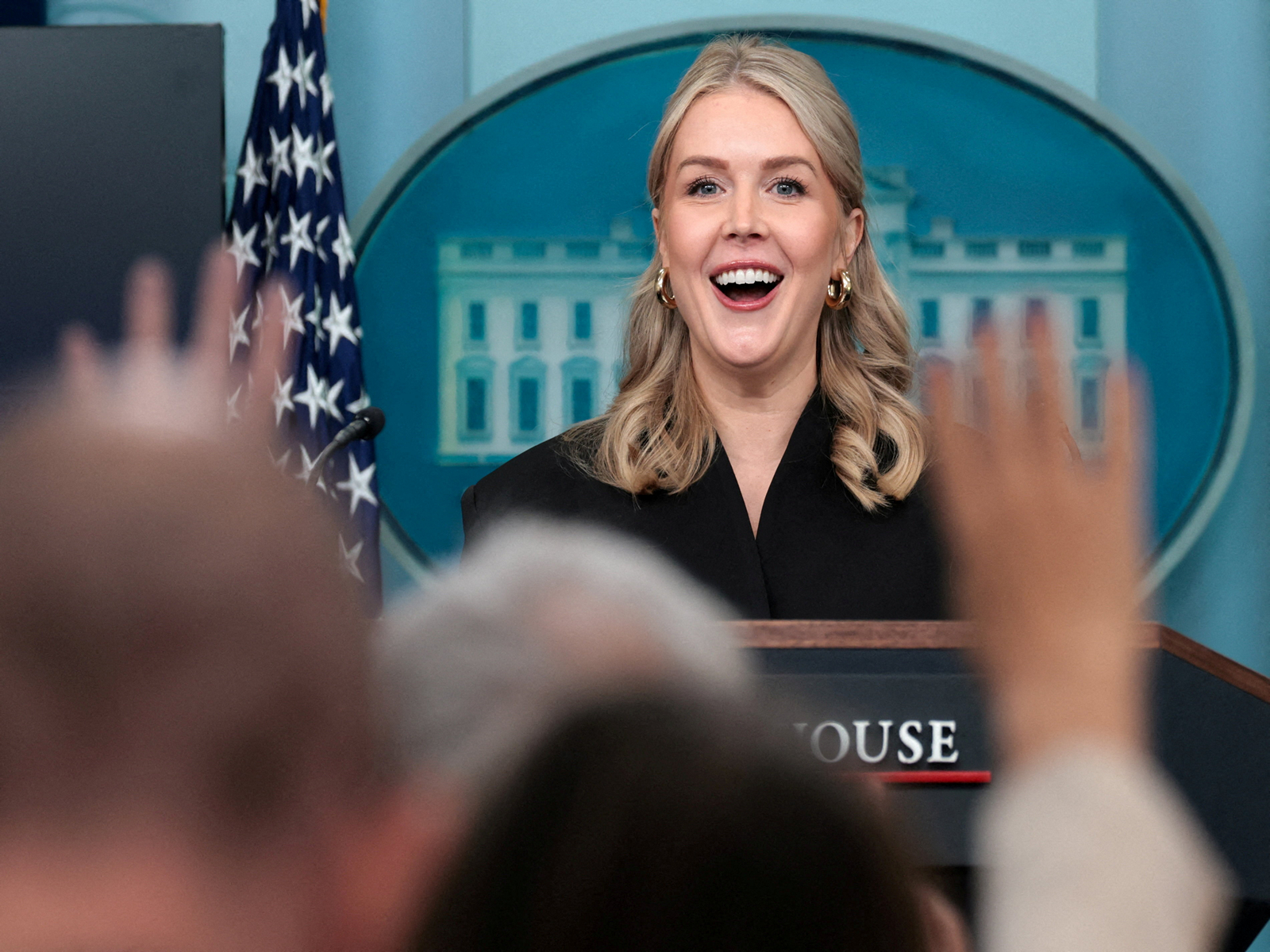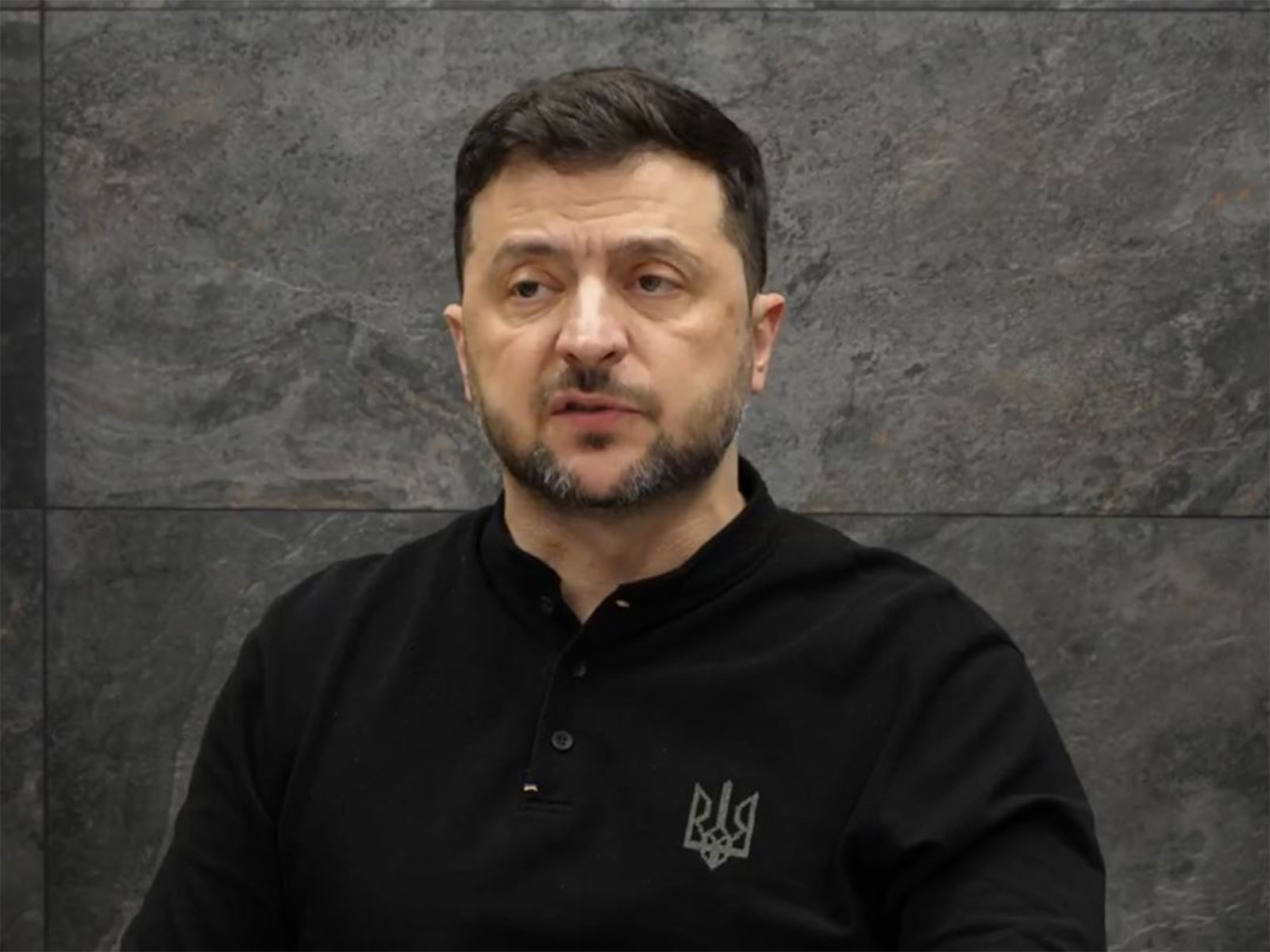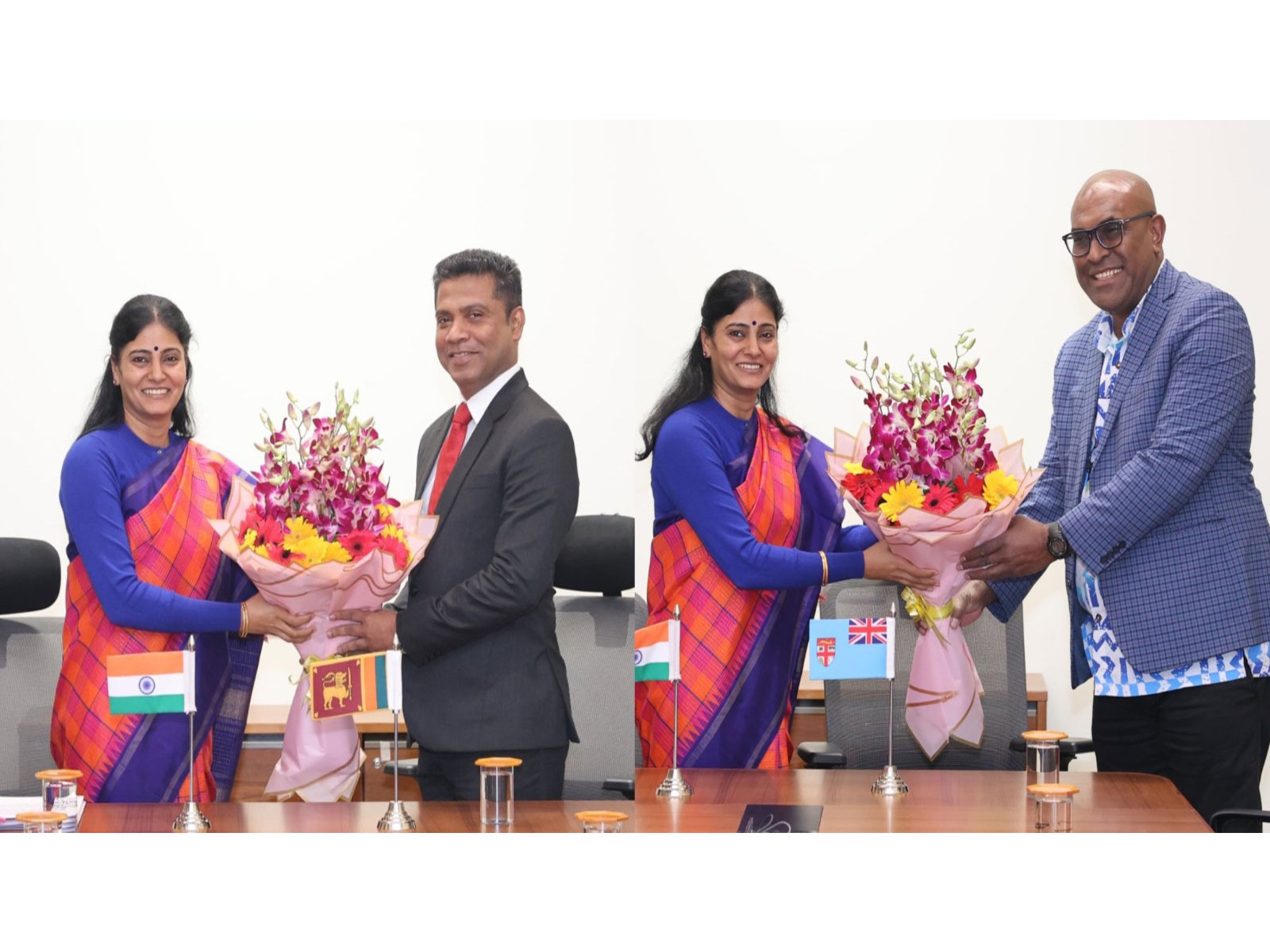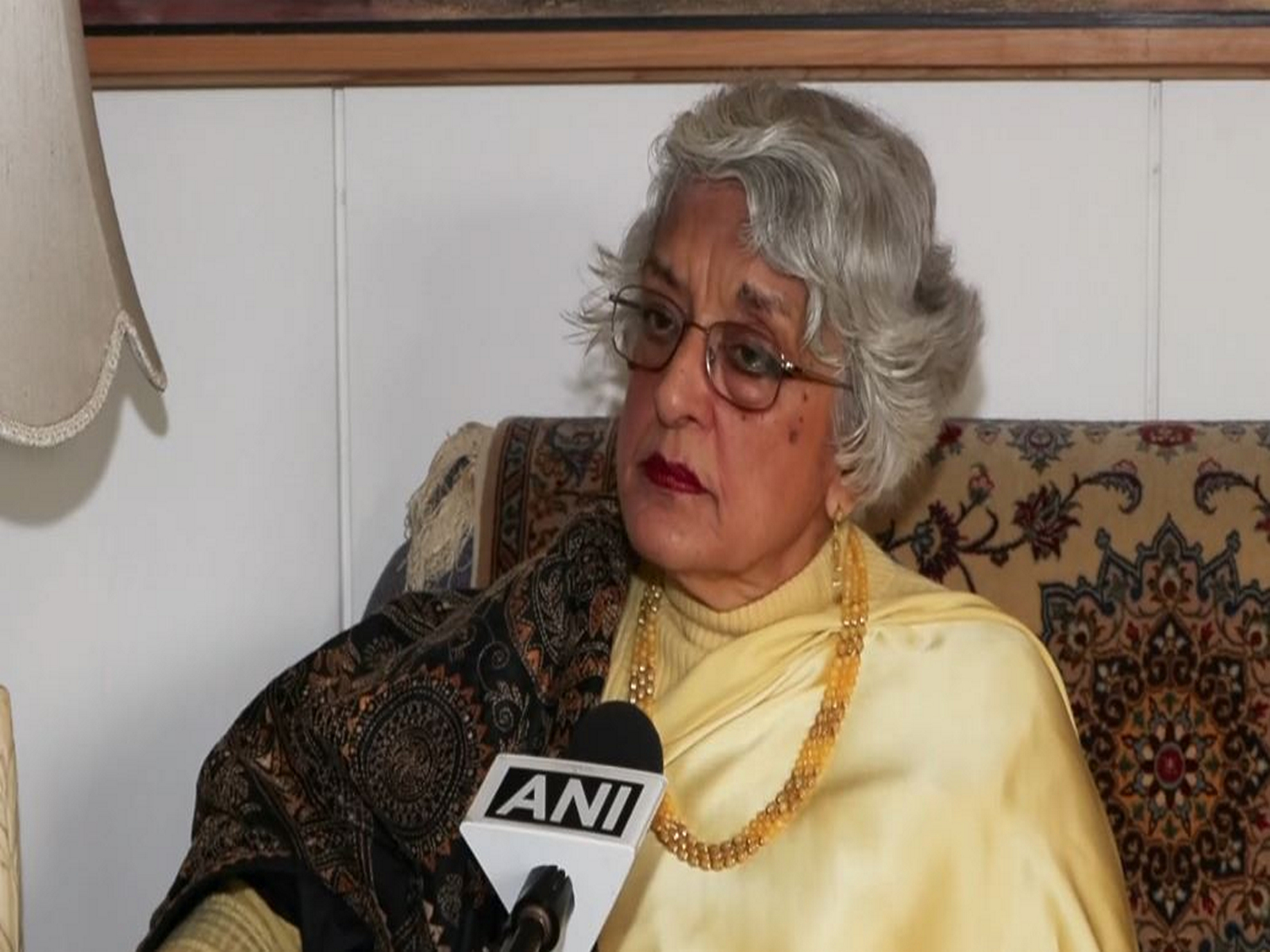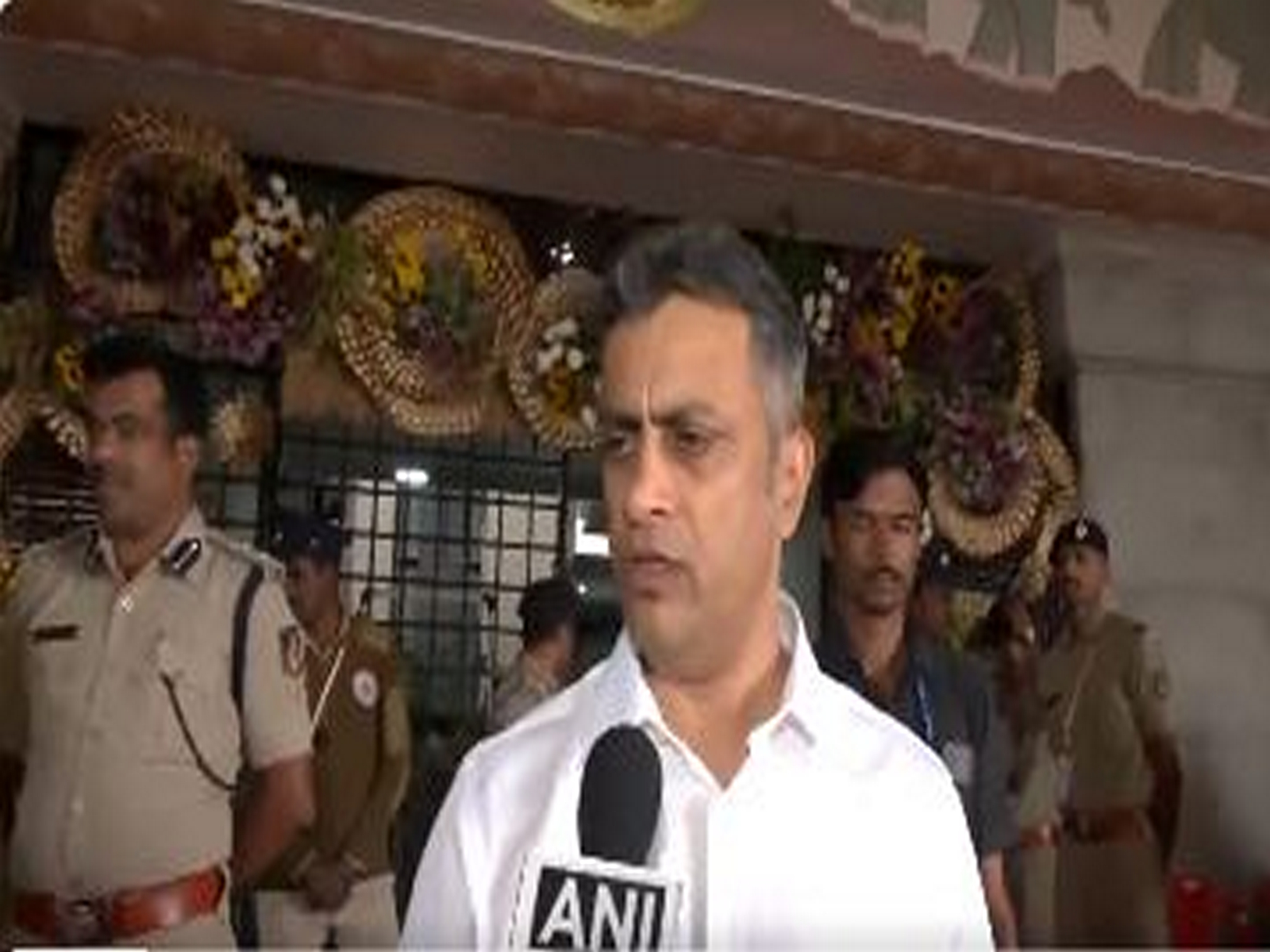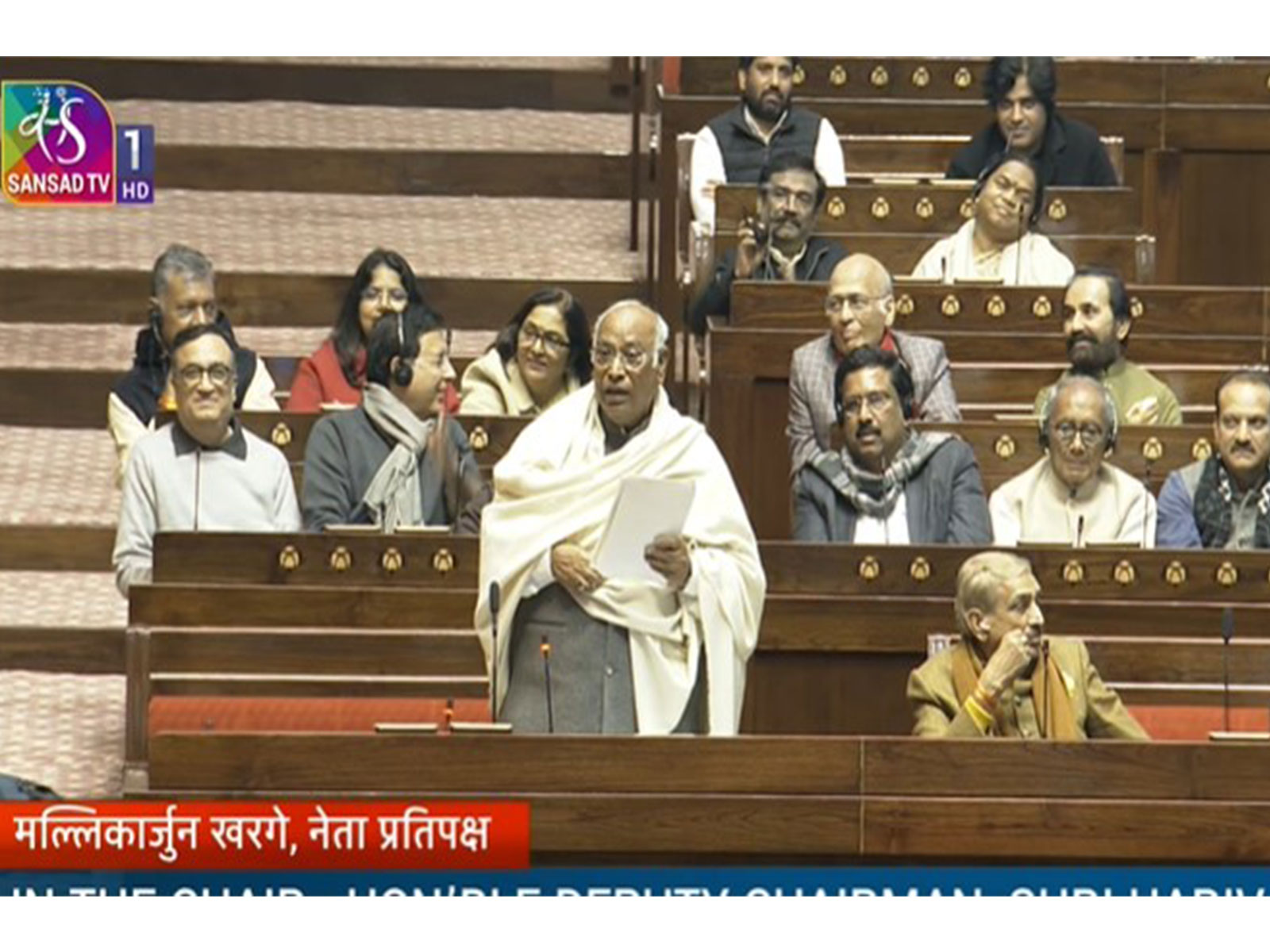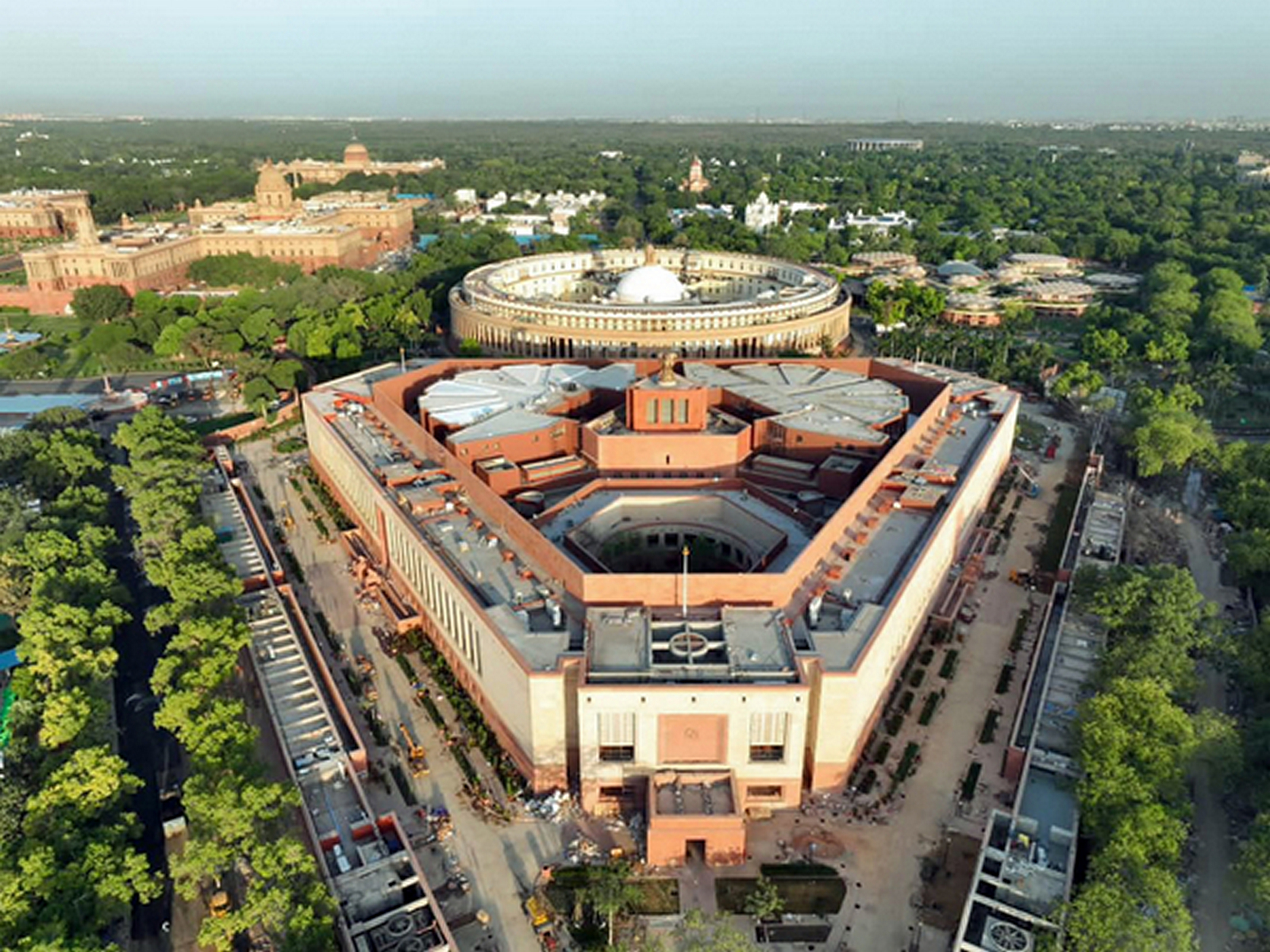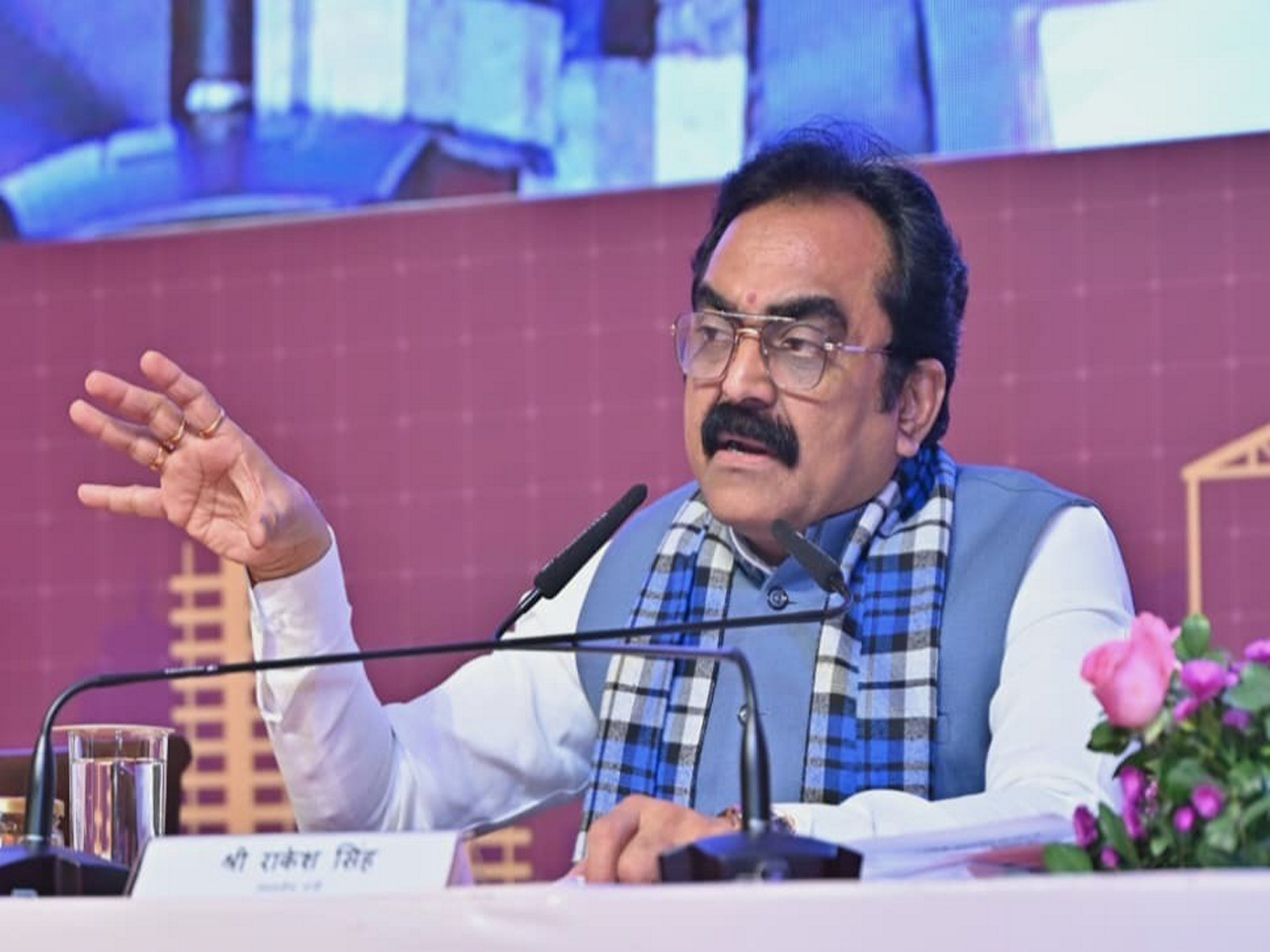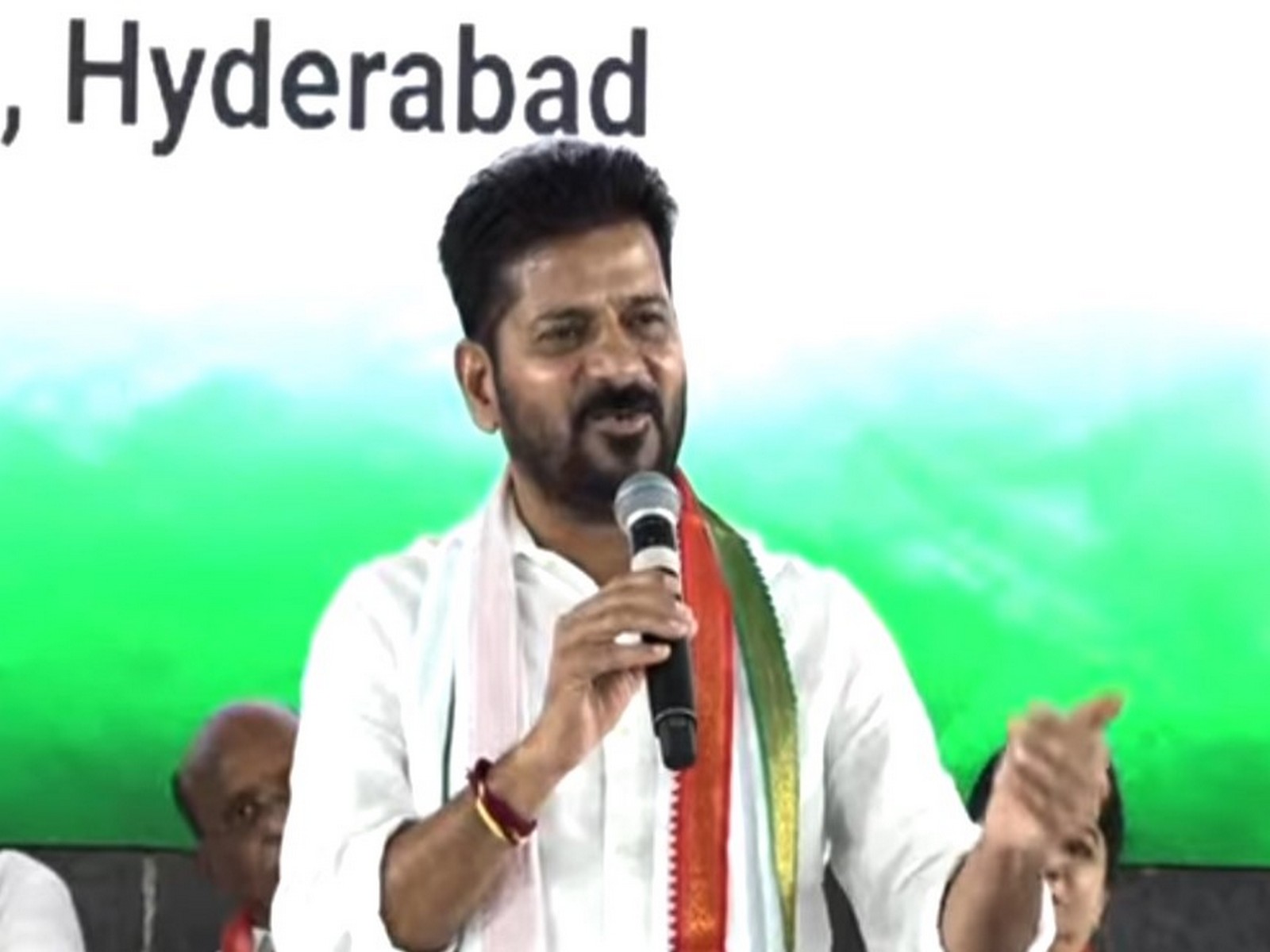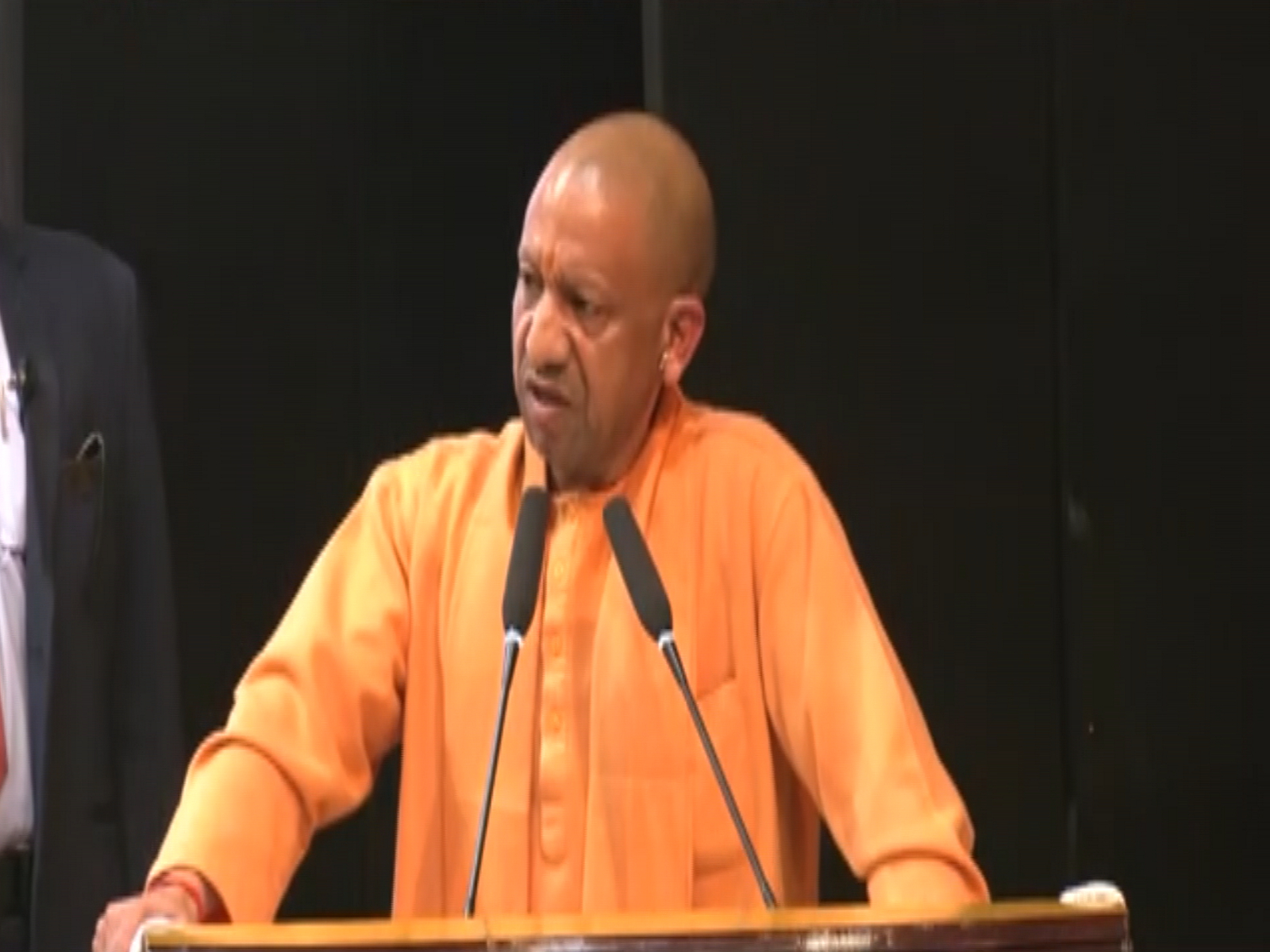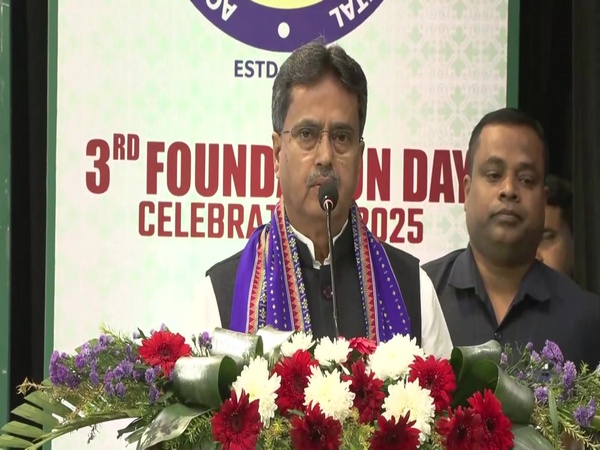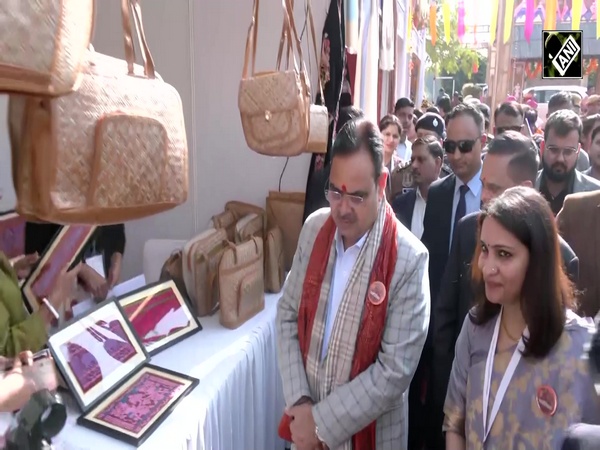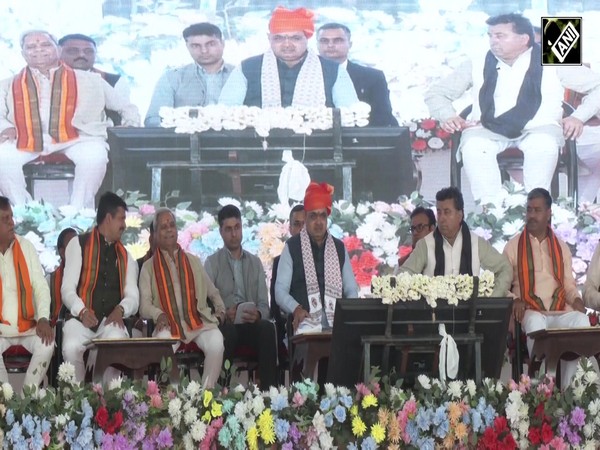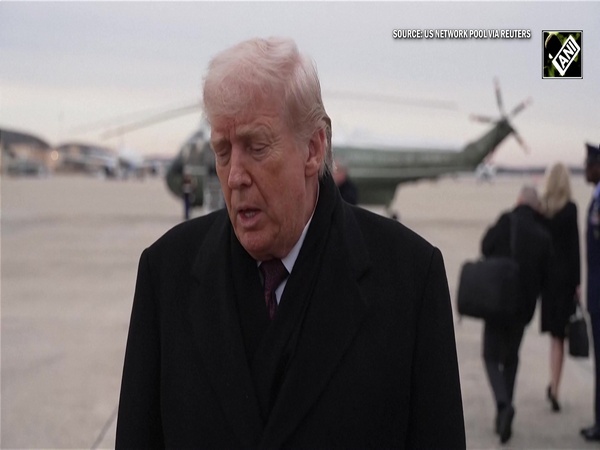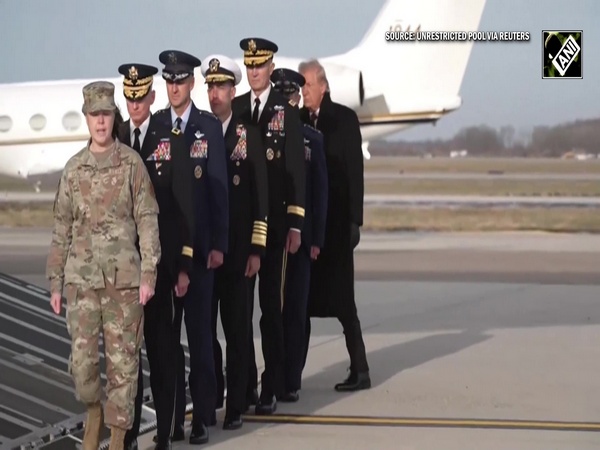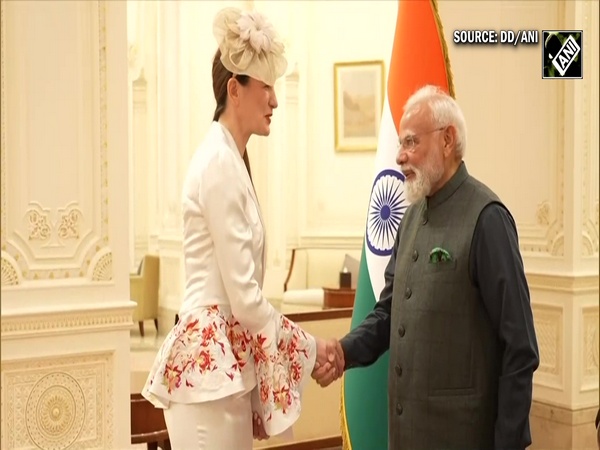India-UK cooperation in sunrise sectors Green economy, FinTech
Nov 02, 2022

London [UK], November 2 : India and UK on Wednesday held All-Party Parliamentary Groups (APPGs) inaugural meeting and discussed cooperation in sunrise sectors like the Green economy, FinTech etc.
The meeting was attended by Greg Hands, UK's Trade Minister; Nick Thomas-Symonds, Shadow Secretary of State for International Trade; Welsh Labour MP for Torfaen; and Vikram Doraiswami, High Commissioner of India to the UK.
"India (Trade & Investment) APPG held its inaugural meeting today at Parliament, attended by @GregHands, @NickTorfaen, Lord Bilimoria, Baroness Verma and other Lords and MPs. HC@VDoraiswami spoke about the FRA and on cooperation in sunrise sectors like Green economy, FinTech etc," tweeted the High Commission of India, London.
India and the United Kingdom have a multi-dimensional strategic partnership and actively engage in bilateral trade. The two countries agreed to begin formal negotiations for an FTA in January 2022, aiming to advance trade and investment relations between them.
India and the UK who were looking to conclude the bilateral free trade agreement (FTA) pact by Diwali were shocked after the UK PM Liz Truss' resignation on Thursday, however, the deal is on track as per Union Commerce Minister Piyush Goyal.
The UK is concerned but that India is trying to extract a few further concessions in the contentious areas of imported whisky and automobiles. India is also, pushing for relaxation on visas for Indian workers to the UK which has long been a bone of contention.
The FTA is important for both countries as it would boost and create a robust framework of overall trade and investment between the two countries.
Meanwhile, Britain said it will only sign the India-UK Free Trade Agreement (FTA) when there is one that "meets the UK's interests.
A free trade agreement is a pact between two or more nations to reduce barriers to imports and exports among them. Under a free trade policy, goods and services can be bought and sold across international borders with little or no government tariffs, quotas, subsidies, or prohibitions to inhibit their exchange.
FTAs usually cover trade in goods (such as agricultural or industrial products) or services (such as banking, construction, and trading).
FTAs can also cover other intellectual property rights (IPRs), investment, government procurement and competition policy.
